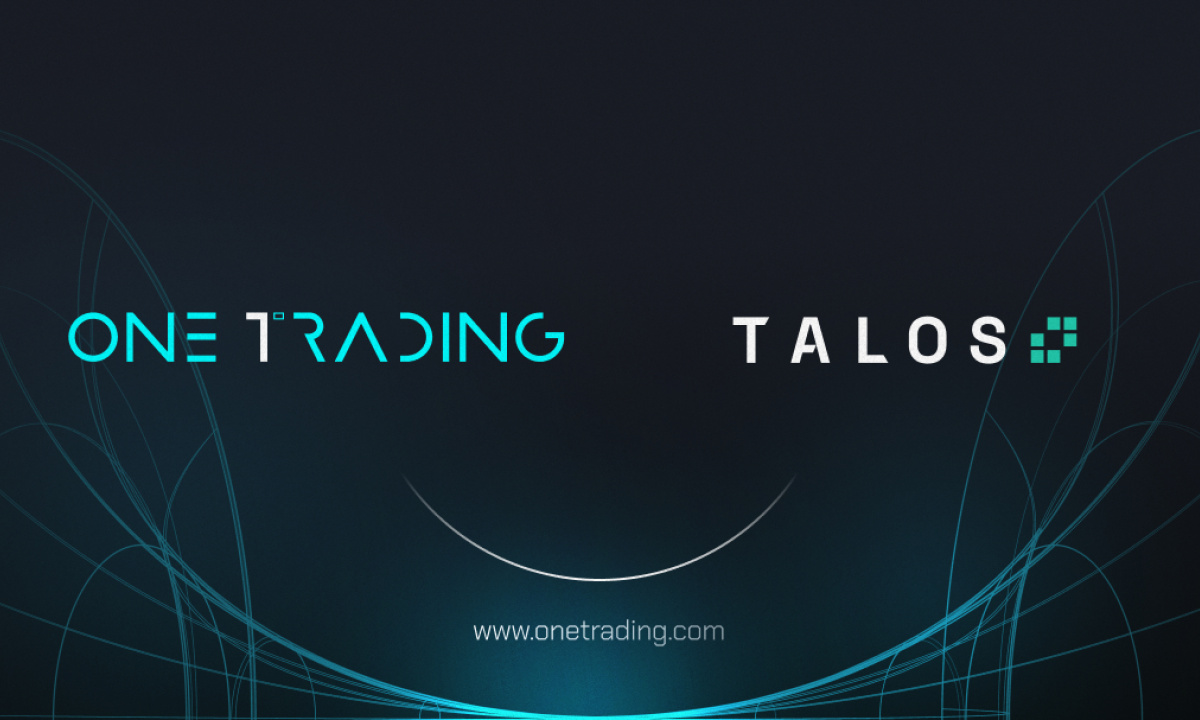Singapore isn’t exactly the promised land for virtual currency business
Singapore isn’t exactly the promised land for virtual currency business
Singapore attracts cryptocurrency mining and trading companies due to its open and very clear policies. With China outright banning virtual currency business activities, businesses everywhere are eagerly flocking to the promised land of Singapore. But now many companies are finding it more difficult than they thought to operate legally in this financial hub.
As of the end of January 2022, the Monetary Authority of Singapore (MAS) has only approved five companies to trade cryptocurrencies:
DBS Vickers Securities of Southeast Asia’s largest banking complex DBS Group Holdings, fintech company Fomo Pay, Australia’s Independent Reserve Cryptocurrency Exchange, crypto payments company Triple A and cryptocurrency trading platform Coinhako.
According to Channel News Asia, more than 100 out of about 180 companies that applied for a license to provide “digital payment token services” have now had their applications rejected or withdrawn.
Oftentimes, companies are granted an exemption – or temporary license – during the license application stage to allow them to conduct business until the official license is issued. Senior Minister Tharman Shanmugaratnam told the National Assembly in July 2021 that 90 companies operate under such an exemption. By the end of December, the website of M.A.S shows that only about 70 companies have provisional licenses.

Cryptocurrency firms are keen to enter the Singapore market, especially after China completely banned cryptocurrency mining and trading activities. But most are disappointed afterwards because the government only issues very small permits. Photo: Getty Images / Reuters |
The licensing and management process is too strict
Most companies face an uncertain future as they operate under special exemptions, but all are depressed due to the regulatory review process.
In early September, the Monetary Authority of Singapore (M.A.S) has ordered Binance, one of the world’s largest cryptocurrency exchanges, to cease providing services in Singapore. End of December, M.A.S announced that Binance’s Singapore branch must cease operations and settle Singapore dollar accounts and other digital assets before February 13. Dozens of other companies face a similar fate.
Dubai-headquartered crypto exchange Bitxmi is one of 103 companies on the latest list of M.A.S have their immunity lifted to operate in Singapore. Bitxmi opened an office in Singapore at the end of 2018 and did not receive an official license.
“We cannot operate in Singapore. We have an office there, but it’s just legal and accounting staff,” Chief Executive Officer Sanjay Jain told Nikkei Asia. He also declined to disclose why the company was not licensed.
M.A.S said they support innovation in using blockchain technology as a foundation for cryptocurrencies while recognizing the risks.
“Cryptocurrencies can be misused to launder money, fund terrorism, or develop illegal weapons due to the speed and cross-border nature of transactions. Providers of digital token payment services in Singapore … must comply with requirements to mitigate such risks, including conducting appropriate customer due diligence, conducting regular account reviews, tracking and reporting suspicious transactions,” the spokesman said M.A.S to speak.
Rahul Advani, Asia-Pacific Policy Director at blockchain company Ripple, said: “Singapore’s digital asset policy has made the city one of the most developed and mature in the field, helping to drive growth and innovation in the burgeoning industry. However, he said high-risk activities must be minimized.
Competing cryptocurrency companies in Singapore include exchange platforms for trading Bitcoin, Ethereum and other tokens through investment managers and financial advisors who take care of the wealth portfolio. digital for the wealthy. They can also be businesses that help other businesses accept crypto payments.
Andy Lian, president of Dutch-registered cryptocurrency exchange BigONE Exchange, said it has no intention of applying for a license in Singapore. “The entire approval process is also not very transparent. One has the impression that the government supports large companies and foreign exchange.”
M.A.S did not publicly disclose why crypto traders could not apply for a license. But it is clear that these companies do not have the capacity or infrastructure to comply with the stringent anti-money laundering and anti-terrorist financing regulations set by financial regulators.
Rachel Woolley, head of financial crimes at Fenergo, a customer management solutions company, said: “Cryptocurrencies are now being used to legitimize revenue streams from cybercrime, drug business and human trafficking. Policymakers have taken note of this space to protect the emerging financial services industry.”
CEO of Ravi Menon M.A.S said Singapore does not need 180 virtual currency firms or exchanges. “Things could be better if half of them met very high standards,” Menon said.
On January 17th M.A.S announced policies requiring cryptocurrency traders to stop marketing or advertising in public places aimed at individual physical and digital investors. M.A.S called trading activities in digital assets “a very high risk factor and not suitable for the general public”. Businesses are also not allowed to use public figures to promote and market virtual currency business activities on social networks.

Cryptocurrency firms are keen to enter the Singapore market, especially after China completely banned cryptocurrency mining and trading activities. But most are disappointed afterwards because the government only issues very small permits. Photo: Getty Images / Reuters |
In the form of B2B, large companies are preferred?
To obtain a license, exchanges must conduct risk assessments, customer due diligence, record keeping, suspicious transaction reporting, audits, and training to their standards. M.A.S.
But these are the companies M.A.S Licensing is also pretty vague as to why they are licensed. “MAS never talks. They just ask questions, questions and questions. You can ask, but they won’t answer. Most regulators are like that,” said Triple A CEO Eric Barbier.
barber thinks M.A.S seems to prefer the form B2B (Business to Business). “For C2C (customer to customer) the risk of money laundering is very high. Therefore, the applicant must provide evidence M.A.S that they are able to appropriately reduce all of these risks,” explains Barbier.
Peiying Chua, the financial management partner at law firm Linklaters in Singapore, said that was not possible. M.A.S especially large financial companies present in the market. “Possible reasons for unsuccessful applicants could be: lack of professional background or key personnel with insufficient experience, no sustainable business model or severely disadvantaged profiles related to the director and key personnel.”
Quek Li Fei, partner at law firm CNPLaw, said: “The regulatory approach of M.A.S can to some extent stifle innovation in smaller companies and turn off virtual asset service providers that cannot comply with regulations.”
But he argued that this offers “an open-minded approach that fosters creativity and legitimacy in crypto and digital asset deals, with a reasonable level of investor protection.”
Join CoinCu Telegram to keep track of news: https://t.me/coincunews




















